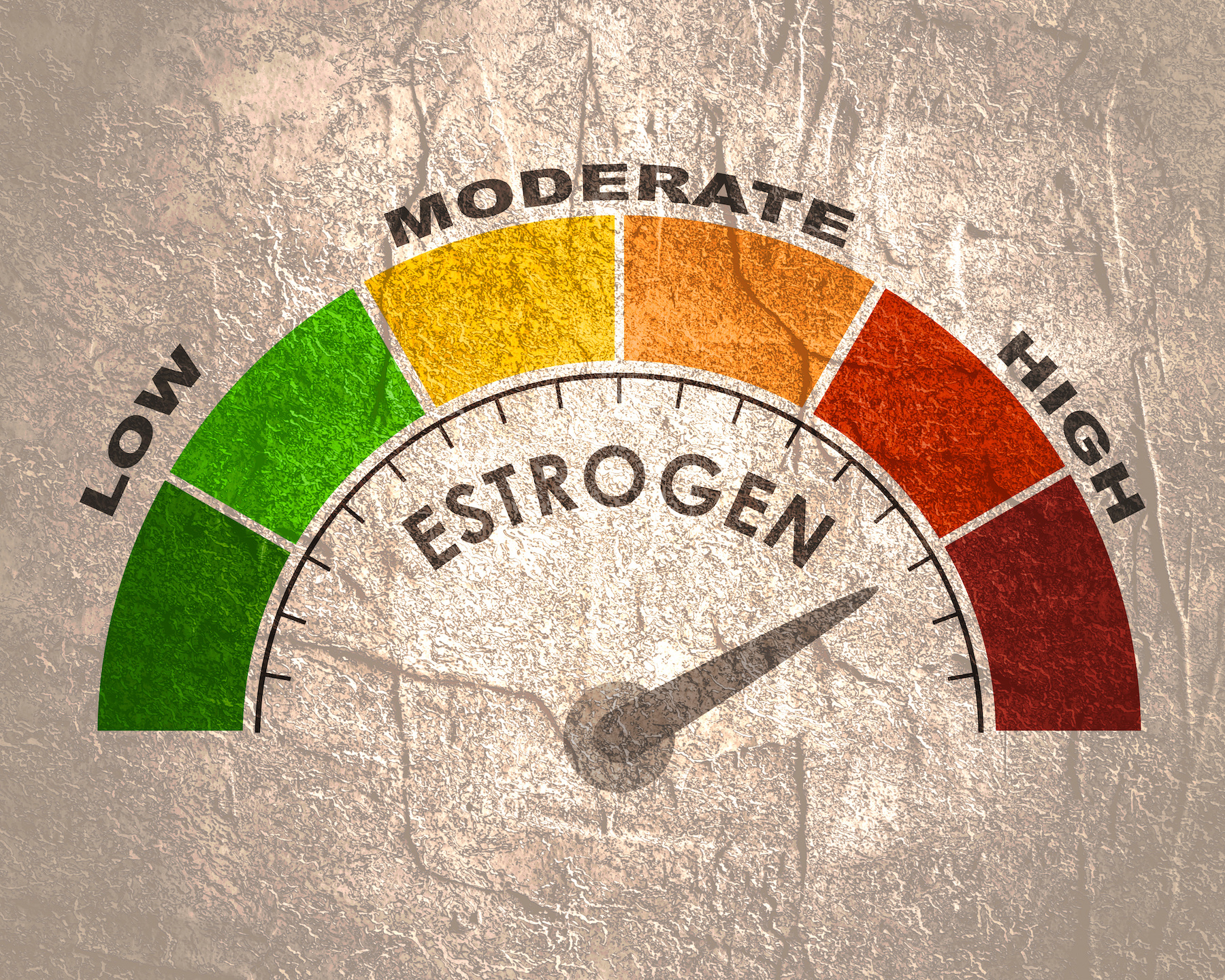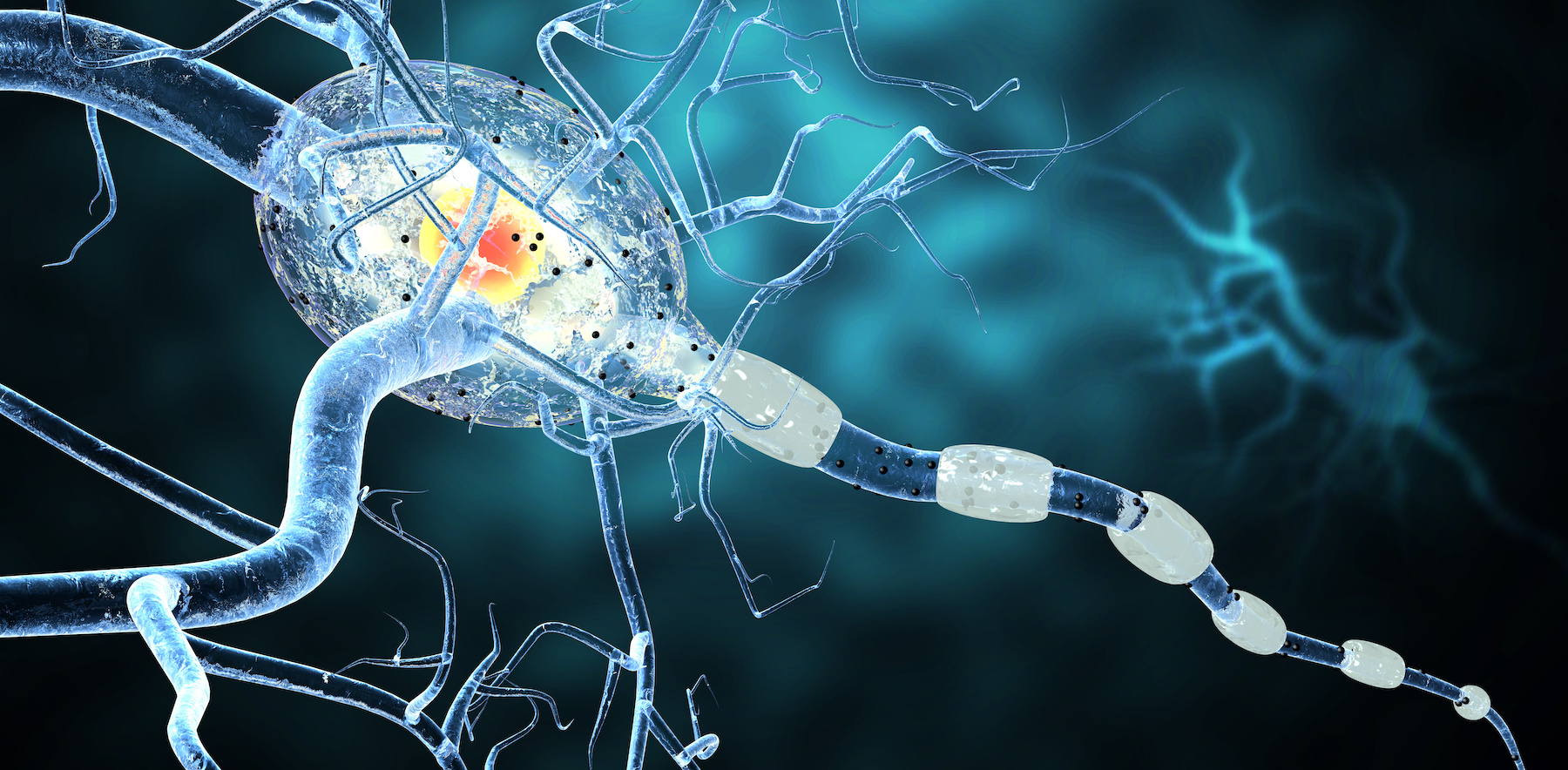

Surviving 2020 and 2021 hasn’t been a walk in the park for many people. And while anxiety was the number one mental health disorder before the pandemic, 1 in 5 adults reported that their mental health was worse than pre-pandemic.
The pandemic has contributed to alterations in our relationships, work, education, health care system, economy, and environment. In addition to these factors, there’s been an increased use of digital technology that can also increase anxiety. This stress is felt across all age groups, especially Gen Z teens and adults.
While we can’t change many external factors, what can you do to manage your anxiety symptoms and help friends and family experiencing anxiety?
Let’s explore what anxiety is and look for the root causes and treatments.
What Does Anxiety Look and Feel Like?
If you’re experiencing anxiety, I want you to know you’re not alone. It’s the most common mental health disorder in the United States, affecting at least 20% of the population. Most anxiety symptoms or disorders will go untreated due to a lack of awareness of symptoms, stigma, or parity in mental health resources. Yet this doesn’t diminish the reality that many are experiencing anxiety every day.
If you’re experiencing anxiety, you may have the following symptoms:
- Feeling nervous or restless
- Gastrointestinal problems
- Increased heart rate
- Breathing rapidly
- Trembling
- Sweating
- Insomnia
- Chest pain
What exactly causes these symptoms to happen in the first place? Let’s uncover this.
Why Does Anxiety Happen?
Conventional medicine teaches that anxiety happens due to an imbalance of neurotransmitters in your brain. Treatments may include psychotherapy and medications. Psychotherapy is when you work with a therapist to reduce your anxiety symptoms through methods like cognitive behavioral therapy. It can be quite effective in treating your anxiety. There are also medications that help to balance neurotransmitters.
Medications such as:
- Selective serotonin reuptake inhibitors
- Serotonin-norepinephrine reuptake inhibitors
- Pregabalin
- Buspirone
While medication can be helpful and sometimes necessary in certain situations, medications treat the symptoms but don’t get down to the root issue of anxiety. Using functional medicine, I help my patients understand what may be going on in their bodies to trigger anxiety. I’ll explore two common root causes in the next section.
What Are the Root Causes of Anxiety?
If you’re experiencing symptoms of anxiety, these symptoms aren’t in your head. Your body may be sending signals that something else is going on in your body. Here are two common reasons why you may be experiencing anxiety.
1. Nutrient Deficiencies
Anxiety may be caused by a chemical imbalance of your neurotransmitters including serotonin, dopamine, norepinephrine, and gamma-aminobutyric acid (GABA). Your body needs vitamins and minerals from food and supplements to create these neurotransmitters.
Some nutrients that have been shown to impact anxiety include:
- Vitamin D
- Magnesium
- Copper
- Zinc
- Choline
- Omega-3 fatty acids
- Inositol
- Vitamins B2, B6, folate, and B12
These nutrients are used to create neurotransmitters, specifically in a chemical process called methylation. If you’re not methylating properly, you won’t produce neurotransmitters efficiently which can lead to anxiety and other mental health disorders.
It’s important to determine if you have nutrient deficiencies in the first place to see if this could be one of the reasons, you’re experiencing anxiety. I recommend seeing a medical provider and getting blood work to check your nutrient levels, specifically your magnesium, folate, vitamin D, and vitamin B12 levels, if you are unable to get a comprehensive nutrient test with a functional medicine provider.
2. Gut Health Issues
You also want to ensure that you’re not experiencing digestive issues. Digestive issues could be contributing to problems in absorbing nutrients after you eat a meal, and there is a huge gut-brain connection. The food you eat can play a huge role in your mood–see more below. If you’re experiencing gut symptoms, such as diarrhea, constipation, bloating, or heartburn, I recommend getting at least a stool test done, if not a stool, breath test and organic acids testing to fully evaluate gastrointestinal health.
3. Hormone Imbalances
Research shows that a change in the production of hormones like your sex hormones can alter your neurotransmitters. This change may contribute to your anxiety. Three common hormones I see that are imbalanced in my patients with anxiety are adrenal, thyroid and sex hormones.
A. Adrenal Hormones (HPA Axis)
Your adrenal glands are located on top of your kidneys. They produce hormones that help to regulate your blood pressure, immune system, metabolism, and your stress response. These hormones include cortisol, epinephrine, and norepinephrine.
Your body contains the hypothalamic-pituitary-adrenal axis (HPA) that helps these hormones to communicate. This axis is also used to control your response to stress from your body and your environment.
Now, if you’re experiencing a high amount of stress, your brain will send signals to stimulate the release of hormones like cortisol to handle the stress. This can lead to HPA axis dysfunction, which manifests in symptoms like fatigue, weight gain, insomnia, immune dysfunction, and anxiety. Besides improving all of the foundational lifestyle factors (nutrition, sleep, exercise and movement, stress management, toxin reduction), there are some key supplements like adrenal adaptogens that can help take the edge off, like Stress Support. Adding a magnesium supplement may also really help with stress management and anxiety as well.
B. Thyroid Hormones
Your thyroid health is connected to your mental health. Just like your adrenal glands communicate with your brain through hormones, your thyroid does the same. In fact, an overactive and underactive thyroid (hyperthyroidism and hypothyroidism) can lead to anxiety.
To see if your thyroid contributes to anxiety, I recommend getting your thyroid checked and ask your doctor to run a full thyroid panel. Specific nutrients like vitamin D, vitamin A, magnesium, iodine, selenium, copper and zinc are also needed to synthesize thyroid hormones. So, getting a full thyroid panel can also help your doctor determine if you should consume specific foods or take specific supplements , or need thyroid medication to help.
C. Male and Female Sex Hormones
Estrogen, progesterone, and testosterone can all affect mood in different ways. We know that high stress can especially contribute to lower progesterone in women and lower testosterone in men. And I do mean stress of any kind, not just mental/emotional stress, but excess physical stress, not getting enough good quality sleep, toxins, and chronic infections for example, are all sources of “stress” on the body that can contribute to hormone imbalances. In addition, of course when women go through perimenopause/menopause there are significant hormone shifts that can of course contribute to anxiety (and sleep dysfunction), that may be helped by hormone replacement therapy.
While nutrients and hormones all tie into anxiety, there are ways to handle and heal your anxiety without medication. Explore the next section to see four different lifestyle factors that can help.
How to Handle Anxiety Without Medication?
While medication definitely can help treat the symptoms of anxiety, there are lifestyle factors that I want you to be aware of that can impact your anxiety. Let’s take a look at what those are.
1. Nutrition
The foods you eat contribute to vitamins and minerals that your body needs to create neurotransmitters and hormones. You can work with a doctor to see if you’re deficient in a specific nutrient, as this nutrient deficiency could be contributing to your anxiety.
I highly recommend eating non-starchy vegetables, fruits, sea vegetables, nuts, seeds, organ meats, and shellfish to increase your nutrient intake. It is also important to reduce or avoid processed packaged foods, high sugar foods, and alcohol to start. In addition, food allergies, food sensitivities, and food intolerances (like histamines for example), may also contribute to anxiety. Many of these may be tested in blood work. Also, your practitioner may recommend a food elimination plan that could make a significant impact as well. In my practice my patients have good success following a paleo nutrition plan. For more information on how to do a 30-day paleo reset see my program, 7 Weeks to Your Healthiest Self Masterclass.
2. Sleep
Anxiety could be causing you to have trouble falling asleep at night. This means that your sleep quantity and quality are reduced. If you’re having trouble falling asleep, here are some recommendations:
- Avoid eating 2 hours or more before bedtime
- Keep a consistent sleep schedule
- Ensure that you’re getting an adequate intake of nutrients, especially magnesium
- Avoid exposure to blue light from electronic devices at least one hour before bed
- Sleep in a cool, dark, quiet room
Not getting enough sleep can cause a chemical imbalance in your body, leading to anxiety and other mental health disorders, so I hope these recommendations can help you get enough Zzz’s.
There are several supplements that may help with sleep. A pretty easy place to start is adding in some magnesium glycinate before bed. If you are having difficulty falling asleep, the addition of some melatonin may also be helpful (I usually recommend 1-3mg about 30-60 min before bed to start). If you are having difficulty falling asleep and staying asleep you might consider adding in some specific herbs short-term to help reset your sleep wake cycle, like those in Sleep Rescue. There are also numerous other supplements that help too!
3. Exercise
Studies have shown how exercise correlates to your mood and brain health. So, it should be no surprise that exercise can help to increase your mood, support your hormone health, and increase sleep quality! All of these are factors that can help you handle your anxiety.
If you’re looking for specific exercises and more benefits to your health, check out this article.
4. Meditation
Just like physical health is vital for your health, your emotional and mental health needs to be taken care of too. Meditation can provide peace and help you to stay calm despite other external factors happening around you. This study shows that exercise, meditation, and a quiet rest session are equally effective in reducing anxiety. I highly recommend meditation to help manage your anxiety!
You’re Not Alone. We’re Here to Support You!
While it can feel isolating to deal with your anxiety, I want you to know you’re not alone. The healthcare providers here at Arizona Wellness Medicine are here to help you get to the root causes. If you feel like your anxiety is interfering with your work, relationships, health, and other areas of your life it is time to seek out some help.
Lastly, I want you to know that you are not your anxiety. While the symptoms can be hard to deal with especially at first, there IS a root cause or causes that can worked on. If you’re looking for a functional medicine approach to healing your anxiety, please fill out this short form here to get started. If you have any questions, my team and I are here to help you.
You’re not alone,
Dr. Emily Parke
Share:
Dr. Emily Parke
Related Posts

What Is Sleep Apnea? Symptoms, Risks, and Treatment Options
Sleep apnea occurs when breathing repeatedly stops and starts throughout the night. Learn the symptoms, risks, and sleep apnea treatment options.

Estrogen Metabolism: How It Works, Why It Matters, and Supplements for Healthy Estrogen Metabolism
Estrogen metabolism is vital to estrogen regulation. Learn how it works and how the DUTCH test can provide insight into hormonal imbalance.

The Paleo Diet Versus the Autoimmune Paleo Diet: Differences and Benefits
Learn the difference between the paleo and the autoimmune paleo diet, including food lists, what foods to avoid, and all the health benefits!

A Complete View of Multiple Sclerosis: Symptoms, Diagnosis, and Functional Medicine Treatment Options
Get a complete view of multiple sclerosis, including common symptoms and treatment options, including nutrition and supplementation.
